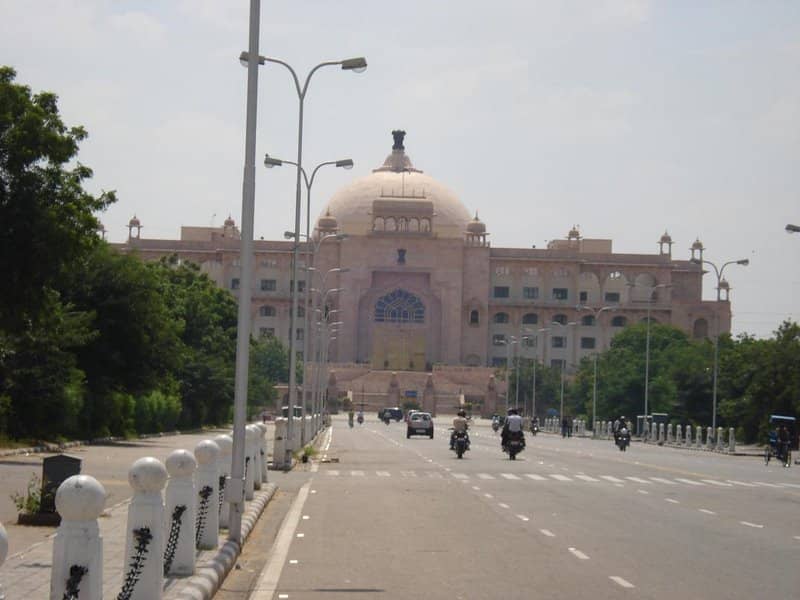COCHIN, India — The synod of India’s Syro-Malabar Church has appealed to the Kerala state government to stop discriminating against Christians when it distributes benefits intended for religious minorities.
Ucanews.org reported that at the end of its assembly in Cochin, the bishops said 80 percent of the federal grants meant for religious minorities “went to one minority community (Muslims), and the remaining 20 percent is divided among the other five minority communities in the state.”
Muslims, Sikhs, Christians, Buddhists, Parsis and Jains are classified as minorities. Together they make up 20 percent of India’s 1.3 billion people. Some 80 percent of Indians are Hindus.
The federal government offers individual grants for things such as education, scholarships and tuition, aiming to improve the socio-economic development of religious minorities.
Such aid is distributed through minority welfare departments in each state. However, bishops in Kerala maintain the Christian community is not given such benefits in proportion to their size, ucanews.org reported.
“Despite representing almost 20 percent of the population in the state, we are not given federal grants for minorities as per our population ratio,” said Father Antony Thalachelloor, synod secretary of the Syro-Malabar media commission.
Instead, Christians have to be content with “a share of the 20 percent, which is distributed among other minority groups,” Thalachelloor told ucanews.org.
He said the church wanted federal grants to be distributed as per the population ratio.
The bishops also discussed various issues such as low prices for cash crops and other agricultural produce, the destruction of standing crops by wild animals and other issues affecting farmers in the state.
Crux is dedicated to smart, wired and independent reporting on the Vatican and worldwide Catholic Church. That kind of reporting doesn’t come cheap, and we need your support. You can help Crux by giving a small amount monthly, or with a onetime gift. Please remember, Crux is a for-profit organization, so contributions are not tax-deductible.
















